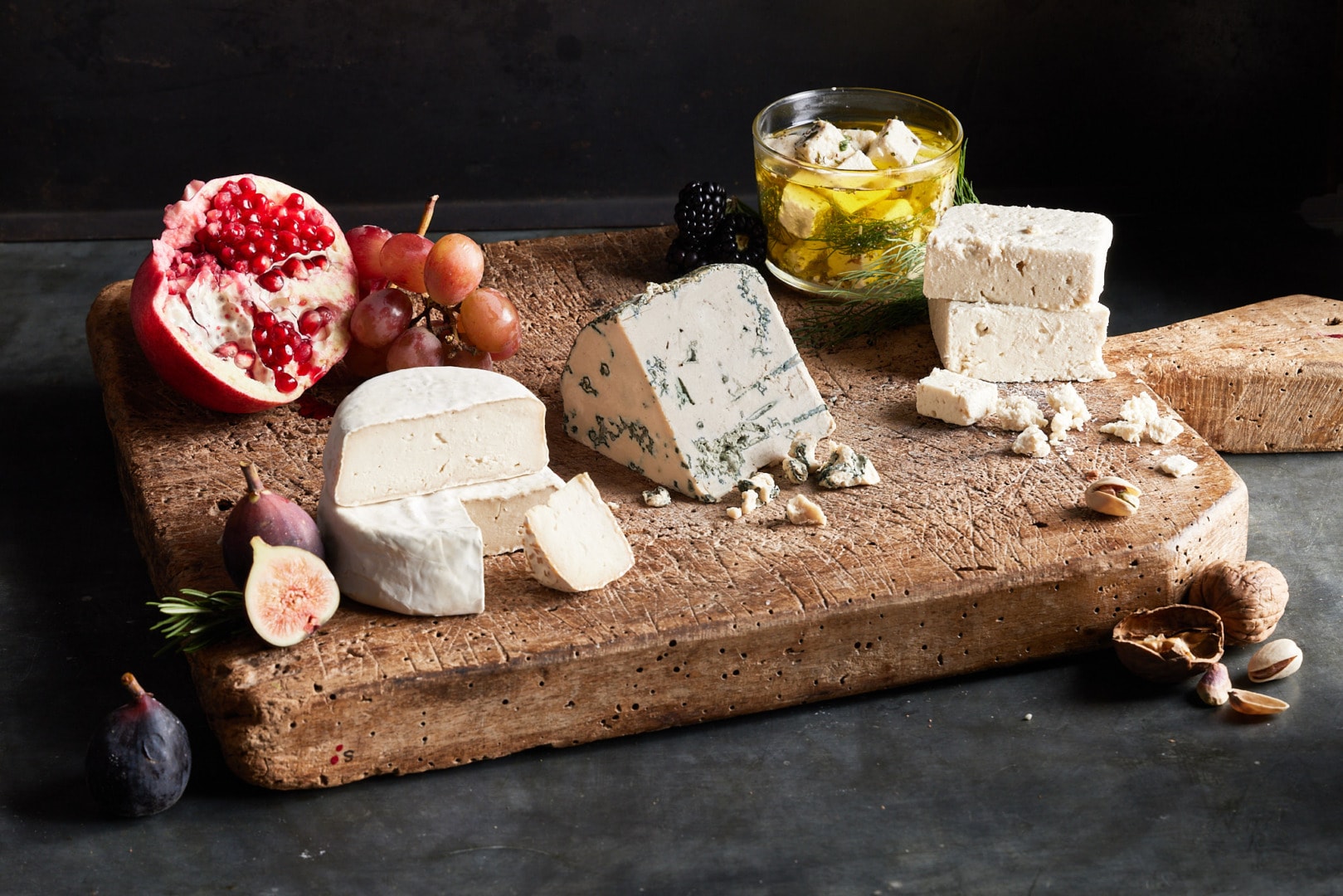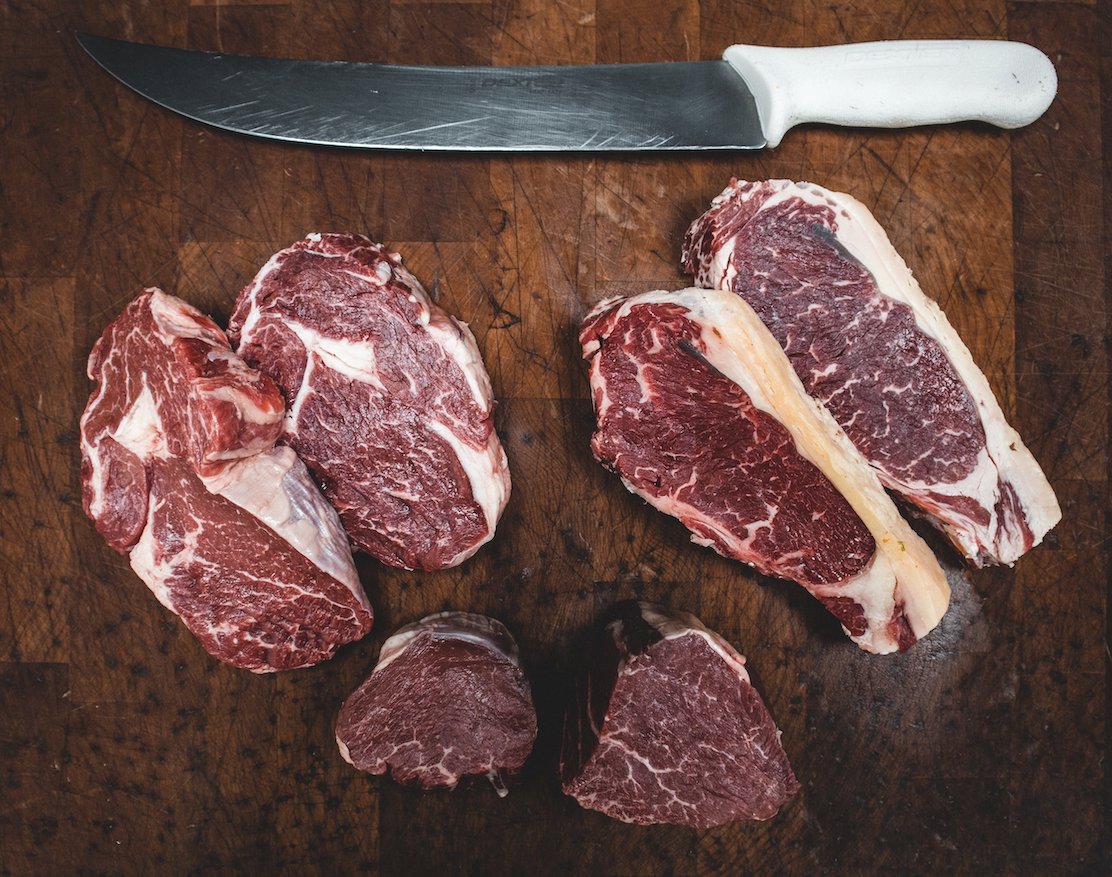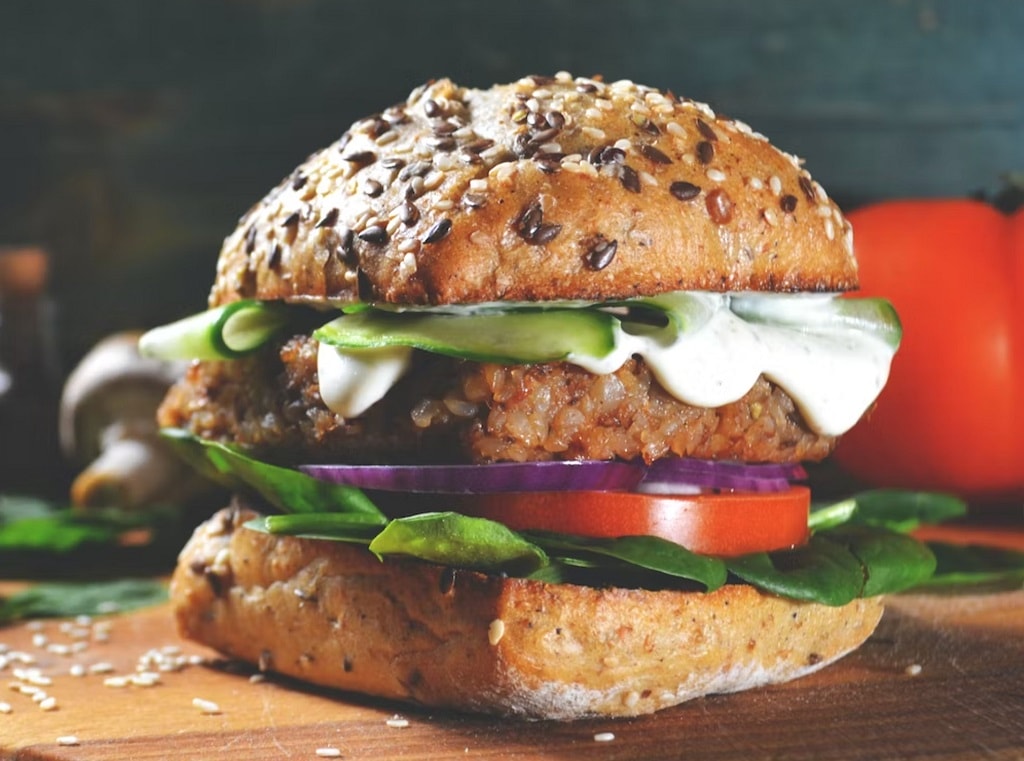Gut health has become a hot topic over the last few years, with many studies being done on the human gut in relation to disease and immunity. But interest in the subject of gut microbiota isn’t anything new. More than two thousand years ago, Hippocrates said that all disease begins in the gut. Modern science has shown that gut health has an impact on a wide range of health issues, both within and outside of the gut. For example, Alzeimer’s disease, Parkinson’s disease, autoimmune diseases, obesity, Metabolic Syndrome, Fatty Liver Disease, asthma, allergies, diabetes, heart disease, multiple sclerosis, and cancer are all affected by the gut. Therefore, it’s important to understand what foods promote a good gut microbiome to keep it balanced and in its optimal state.
Do vegans have better gut health than omnivores?
A large study review from 2019 has shown that a plant-based diet is favorable for human health as it creates a diversity of gut bacteria, which play the most important role in our gut health. A vegan diet has been shown to promote more diverse and stable microbial systems. According to the study, vegans and vegetarians have much higher counts of certain bacterial organisms compared to omnivores.
Fiber is the key to a healthy gut
Fiber is a form of carbohydrate that we cannot digest. It exclusively comes from plants – no animal foods contain fiber. We need fiber in order to feed our gut bacteria so that they can thrive. This fiber is also known as prebiotics – the food for probiotics – or good gut bacteria. A study done on vegan and vegetarian diets has pointed out that the gut microbiota of plant-based humans is quite diverse, which provides anti-pathogenic and anti-inflammatory effects and cardiovascular protection.
A high-fiber diet is also associated with improved immunity against pathogens, blood-brain barrier integrity, provision of energy substrates, and regulation of critical functions of the intestine. It also concludes that a vegetarian or vegan diet is effective in creating a diverse ecosystem of beneficial bacteria to support our gut microbiome and overall health.
In his book Fiber Fueled, Will Bulsiewicz points out the importance of the diversity of the gut bacteria:
“Biodiversity makes the ecosystem strong, resilient and adaptable no matter what you throw at it. When things are working the way they’re supposed to in our gut, we have a diverse, abundant community of microbes living in harmony in our colon. They live off what we feed them.”
Which foods contain the highest amounts of fiber?
The less plant-based foods have been processed, the more fiber they contain. The highest-fiber foods are fruits and vegetables. Whole grains and legumes also contain a lot of fiber, which will also keep you satiated after a meal for longer periods of time. Daily recommendations on fiber from food vary from 25 to 30 grams a day. Americans eat only 10 to 15 grams of fiber a day, on average – significantly less.

What else is causing poor gut health?
Apart from a high-sugar, high-fat, and low-fiber Western diet, there is another, quite important aspect that causes poor gut health – a toxic molecule, Trimethylamine N-oxide (TMAO).
High TMAO compound in the blood makes it six times more likely that someone will suffer a heart attack or stroke, and also increases the likelihood of needing surgery, chronic kidney disease, and a higher mortality rate. It is as damaging as high cholesterol levels.
Sources of TMAO include:
- eggs (especially egg yolks)
- meat (especially beef and lamb)
- high-fat dairy products
- poultry
- fish
- seafood
- energy drinks
Our gut bacteria turn certain nutrients such as carnitine and choline from these foods into TMAO in the gut. According to multiple studies, only people who eat meat regularly have high amounts of TMAO in their guts and keep accumulating higher quantities of it by continuing to eat the foods mentioned above.
On the other hand, plant-based eaters do not have TMAO in the gut, and interestingly enough, even if a vegan eats any of the foods causing TMAO once, such as meat or eggs, they will still barely produce any TMAO. Therefore, vegans simply have another set of bacteria, a plant-based gut ecosystem, which does not have the bacteria to make the harmful TMAO in the first place. Studies have shown that in just two weeks of eating a strictly vegan diet rich in whole fruits, vegetables, legumes, whole grains, nuts, and seeds, we begin to develop a new type of healthier gut flora.
Key Takeaways
- Our health and immunity is heavily dependant on our gut health
- In order to support and improve our gut health, we need diverse bacteria in the gut
- Beneficial gut bacteria thrive on a high-fiber diet
- Only plants contain fiber
- Our gut bacteria are able to turn certain compounds from animal foods into harmful molecules, which increase the risks of many chronic diseases
- We need to increase our fiber intake at least to 25-30 grams a day to be able to fuel our gut bacteria to thrive
- A plant-based diet is the most effective of all diets to promote a healthy gut to benefit our immune system and overall health
Editor’s Note: The opinions expressed here by Impakter.com columnists are their own, not those of Impakter.com. — In the Featured Photo: Chopping cilantro. Featured Photo Credit: Alyson McPhee














